4 Chinese economists and academics advising Beijing on capital, employment and finance
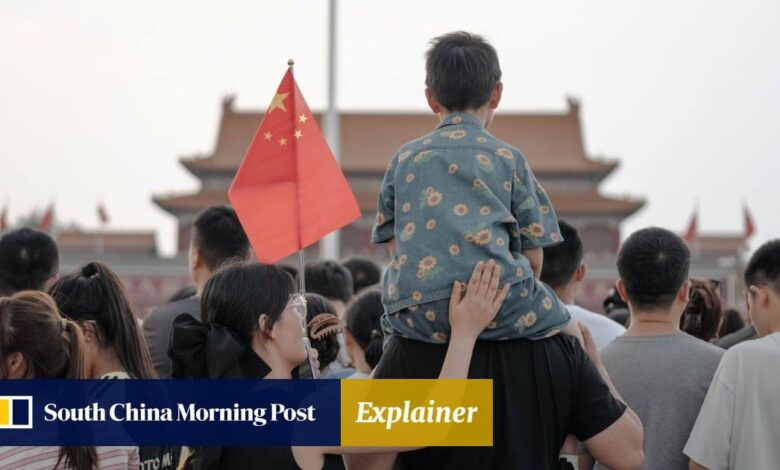
Since the third plenum of China’s 19th Central Committee’s in 2018, economists and academics have offered advice on how Beijing should plan its economic strategies.
1. Liu Yuanchun
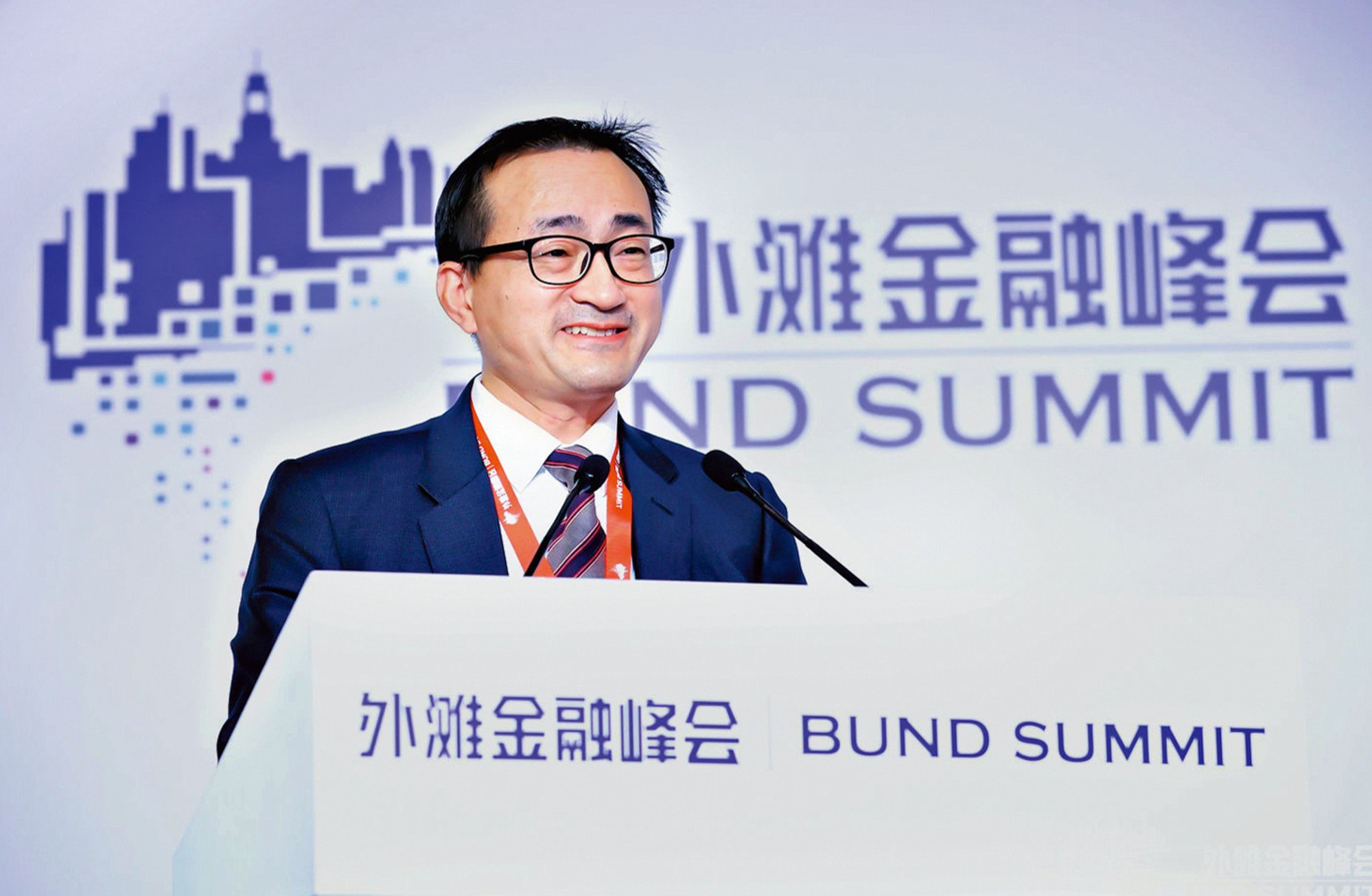
Liu Yuanchun, who is president of the Shanghai University of Finance and Economics, talked about strategies for China to guide its capital toward healthy and compliant development during a lecture attended by top leaders, including President Xi Jinping, in April 2022.
Liu and other officials also discussed that Beijing should allow the market to play a decisive role in resource allocation, and to provide a favourable market and legal environment for the private sector, according to publications on the official website for members of the Communist Party.
Liu also suggested that China needed to increase the share of social security spending in its overall fiscal budget, while also increasing unemployment benefits.
2. Mo Rong
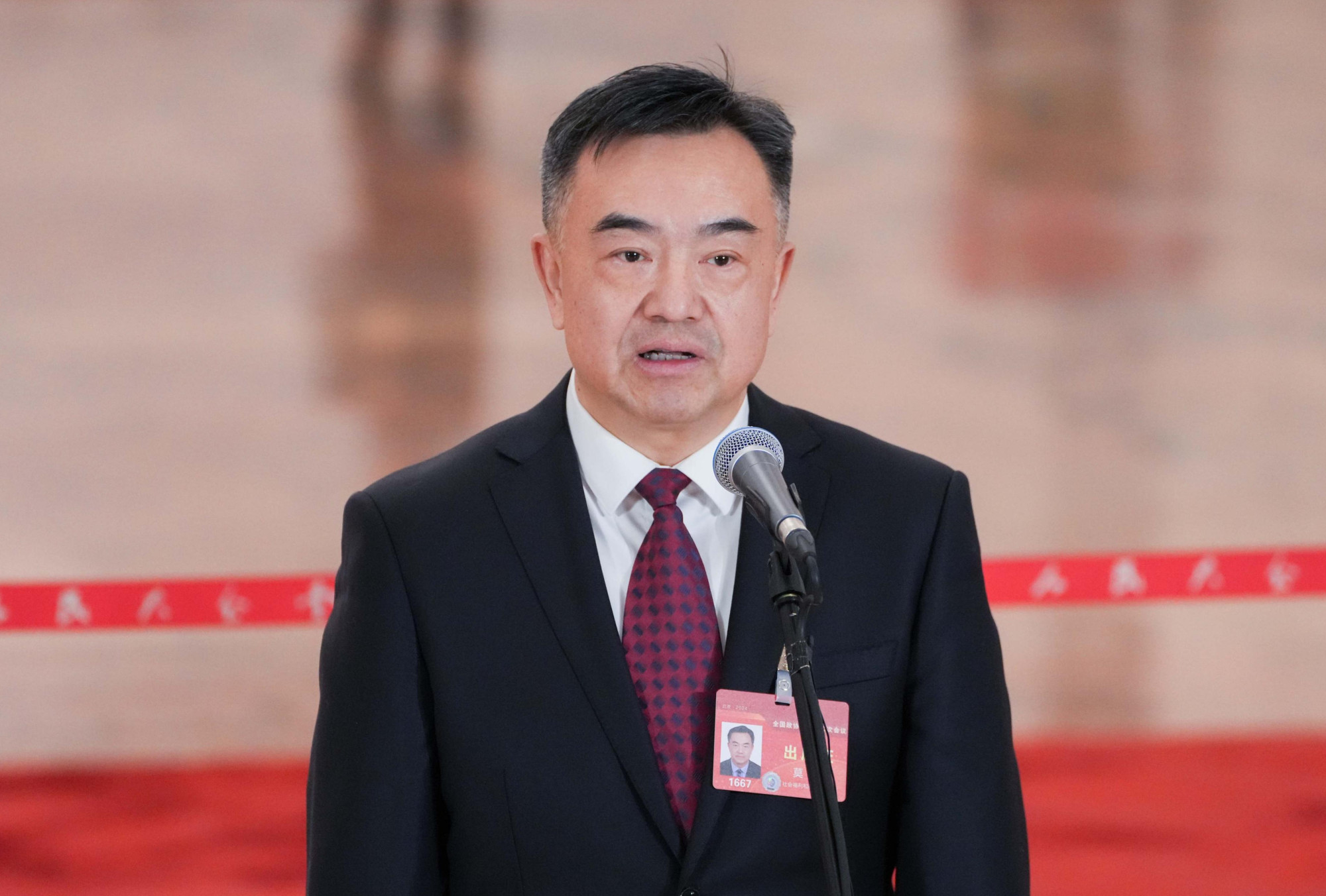
He also advocated for platform companies and workers to share the responsibility for contributing to social insurance.
“We need to enhance our ability to forecast employment trends and develop specialised plans that integrate unemployment insurance with re-employment policies to prevent and mitigate the risk of large-scale unemployment in the country,” he said.
3. Xie Duo
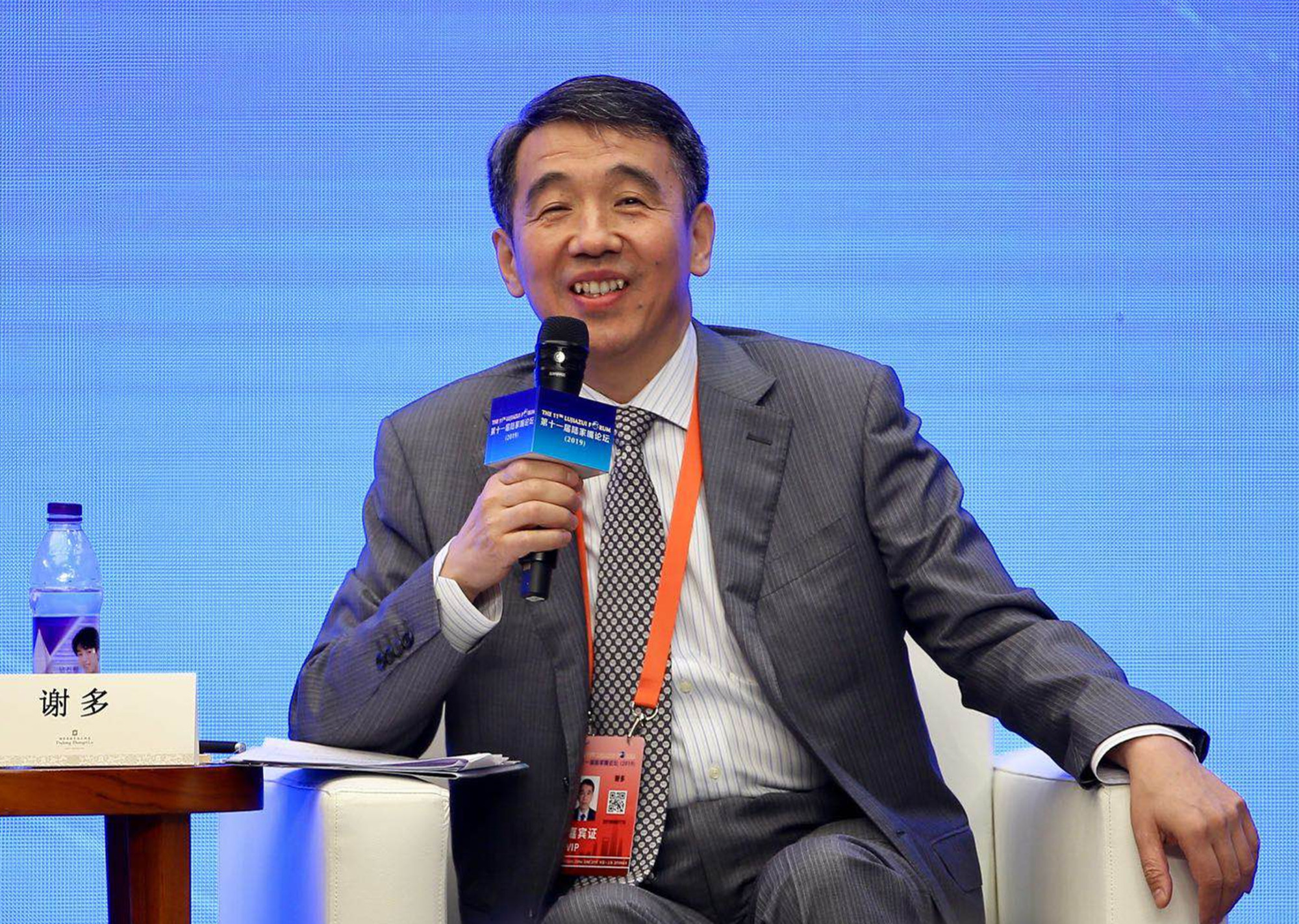
Xie Duo, who is the chairman of Silk Road Fund, a Chinese government guidance fund aimed at fostering increased investment in members of the Belt and Road Initiative, gave a lecture during a Politburo study session in February 2019 where he provided suggestions on how to enhance the capacity of financial services to support the real economy while mitigating financial risks.
The agenda included discussion on the need for financial institutions to deliver more efficient services to the real economy, develop financial products aligned with market demand and increase the number and proportion of small and medium-sized financial institutions within the financial system.
4. Lu Jian
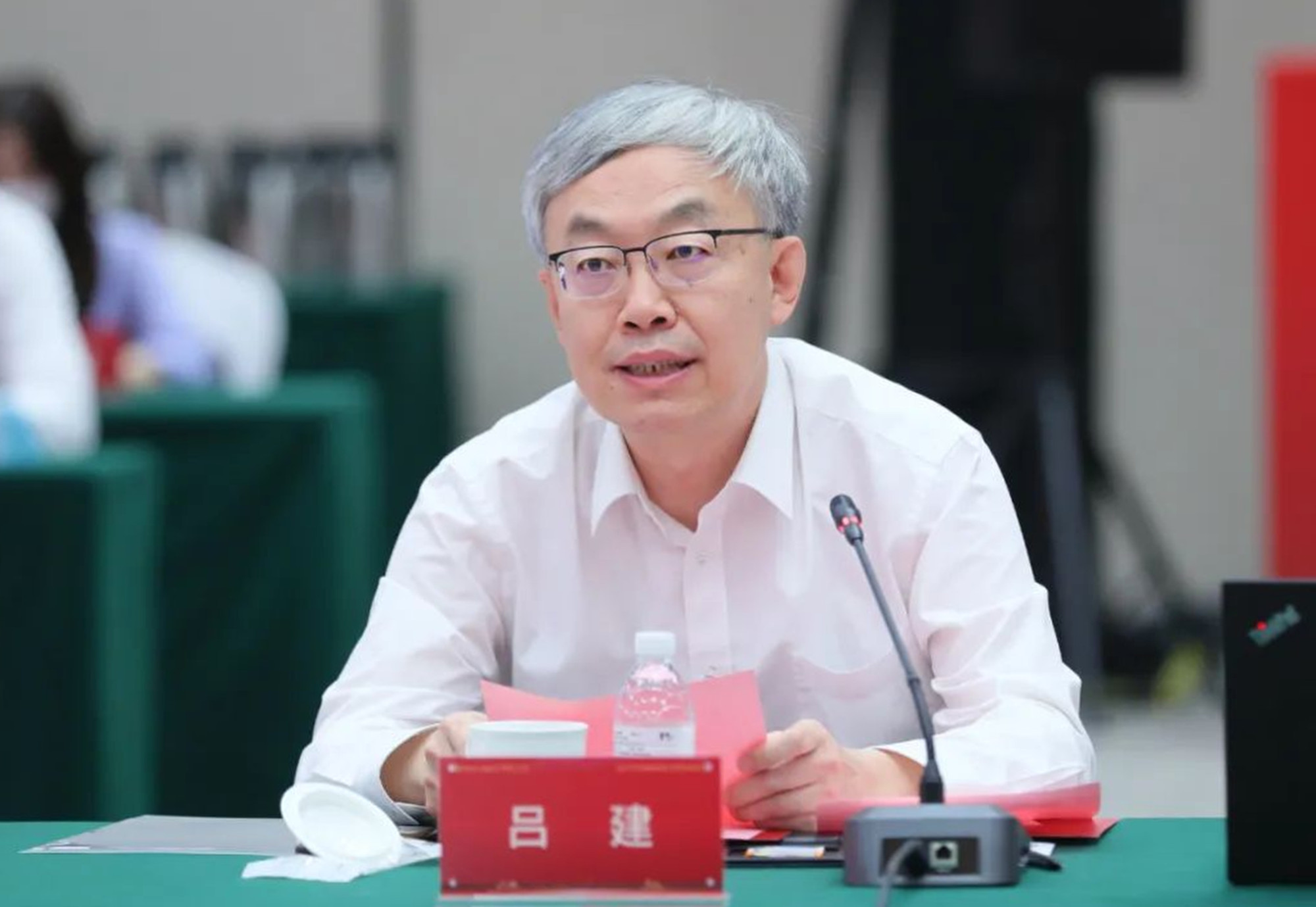
Computer science academic Lu Jian, who was president of Nanjing University from 2018-2023, joined a Politburo study session in October 2021 and provided suggestions on how China should promote the deep integration of digital technology and the real economy.
Lu suggested that Beijing should cultivate talent tailored to the digital economy’s demand, emphasising not only the solid foundation of basic disciplines for researchers, but also the development of applied and innovative skills during his lecture at a group study in Jiangsu province in March.
At this year’s two sessions, Lu also urged Beijing to enhance artificial intelligence-related training within the talent schemes, moderately expand the National Centre for Training High-level Talents in Mathematics, Physics, Chemistry, and Biology and increase the cultivation of expertise in astronomy and earth sciences alongside the traditional four majors.
“These two scientific subjects provide fundamental and important support for searching for new productivity forces, building a strong aerospace industry for China, and improving people’s living standards,” he said.
Source link

